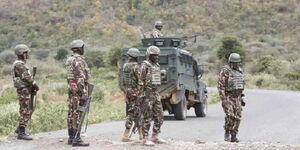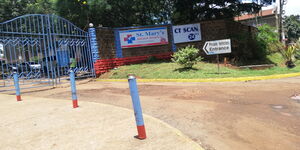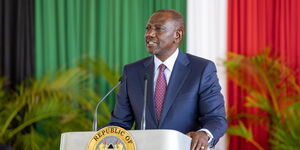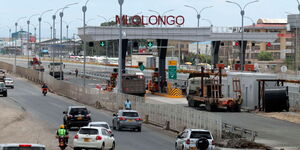A photo went viral on Tuesday, May 16, depicting a Liquefied Petroleum Gas (LPG) cylinder modified as a jiko sparked conversations regarding the cylinder's use and legality.
A section of Kenyans questioned whether the cylinders could be rebranded or be in use after changing their outward appearance and functionality.
According to the 2019 petroleum Regulations released by the Energy and Petroleum Regulatory Authority (EPRA), willful damage or alteration of a cylinder results in a fine of not less than Ksh10 million.
This includes altering the brand name, symbol or any marking on the cylinder, defacing or altering the shape of the cylinder, removing or replacing a valve or a safety relief valve, scrappage of an empty cylinder, and repair or maintenance of a cylinder.
The conversation lifted the lid on little known EPRA regulations on LPG that attract heavy penalties.
LPG Gas cylinder Laws
Users who fail to report an LPG-related accident within 48 hours are fined Ksh200,000 for each accident.
Driving a vehicle or engaging a driver for the purpose of transporting LPG cylinders in bulk without a valid EPRA certificate attracts a fine of not less than Ksh250,000.
Lack of a certified copy of the license or EPRA permit at the premises of operation also attracts a fine not exceeding Ksh1 million.
Traders who stock or offer for sale cylinders that don't meet the requisite standards are liable to a fine of Ksh20,000 for each non-conforming cylinder.
EPRA also advised users to assess four factors when purchasing LPG during cylinder refill including checking the condition of the valve and ensuring the weight of the cylinder meets the required standards.
Also, ensure the seal is intact and genuine and if in doubt, request for a demonstration of the cylinder in use.
In case of an LPG leakage, users are advised to turn off the LPG regulator and open all doors and windows while at the same time removing the cylinder from the room.
Further, users ought to contact the wholesaler or the brand owner about the leakage.












